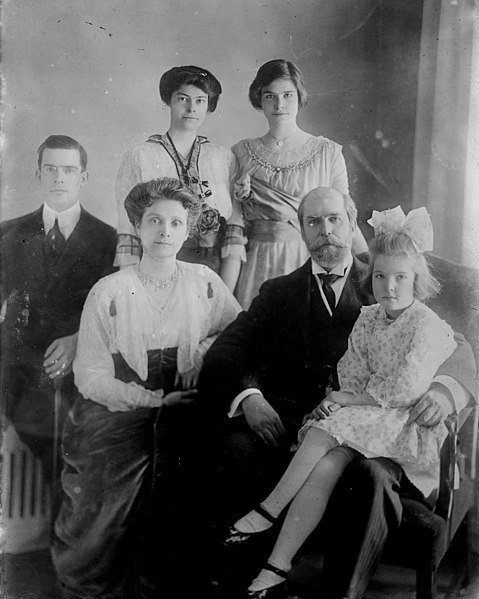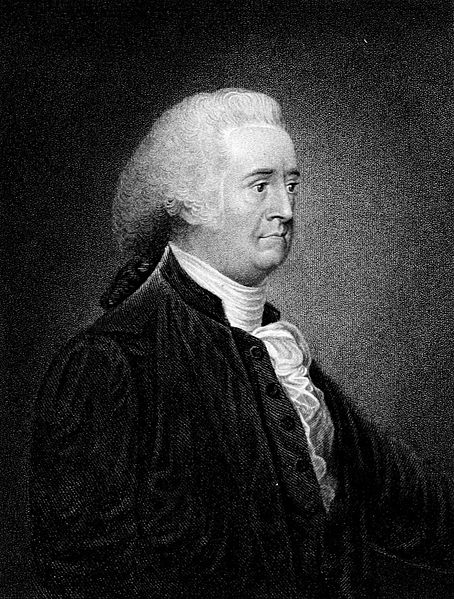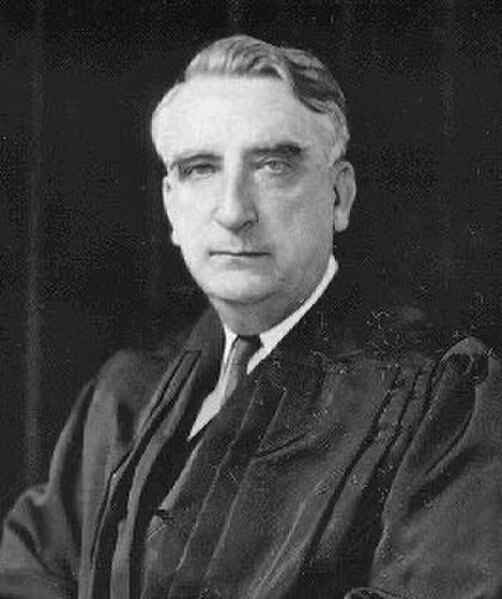Charles Evans Hughes Sr. was an American statesman, politician, academic, and jurist who served as the 11th chief justice of the United States from 1930 to 1941. A member of the Republican Party, he previously was the 36th governor of New York (1907–1910), an associate justice of the Supreme Court (1910–1916), and 44th U.S. secretary of state (1921–1925). As the Republican nominee in the 1916 presidential election, he lost narrowly to Woodrow Wilson.
Hughes in 1931
Hughes at the age of 16
Hughes with his wife and children, c. 1916
Hughes struck up a close friendship with Associate Justice Oliver Wendell Holmes Jr.
Chief Justice of the United States
The chief justice of the United States is the chief judge of the Supreme Court of the United States and is the highest-ranking officer of the U.S. federal judiciary. Article II, Section 2, Clause 2 of the U.S. Constitution grants plenary power to the president of the United States to nominate, and, with the advice and consent of the United States Senate, appoint "Judges of the supreme Court", who serve until they die, resign, retire, or are impeached and convicted. The existence of a chief justice is only explicit in Article I, Section 3, Clause 6 which states that the chief justice shall preside over the impeachment trial of the president; this has occurred three times, for Andrew Johnson, Bill Clinton, and for Donald Trump’s first impeachment.
Chief Justice of the United States
Chief Justices of the United States (Harper's Weekly, December 24, 1864)
Image: John Rutledge, by James Herring after John Trumbull
Image: Chief Justice Fred M. Vinson








